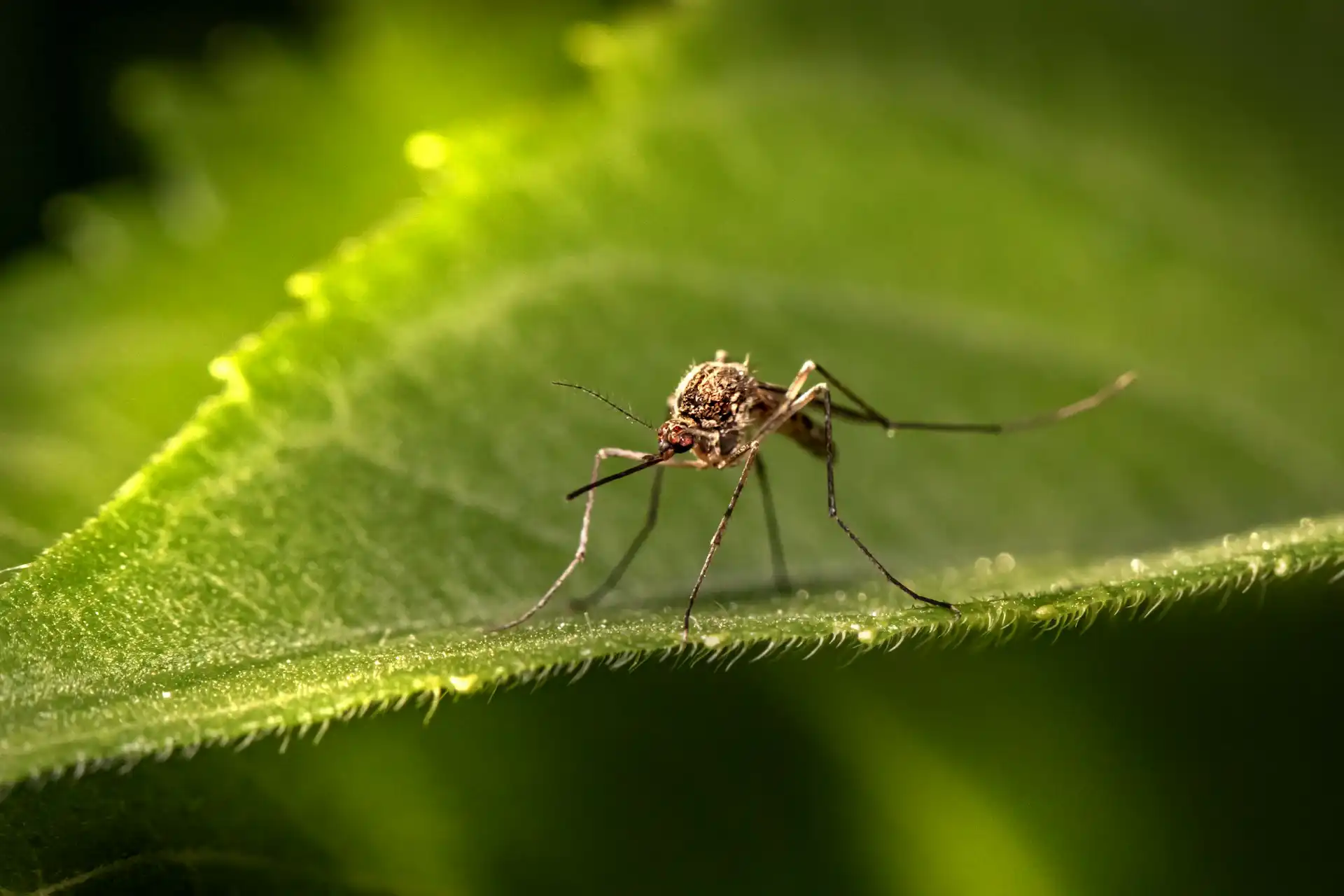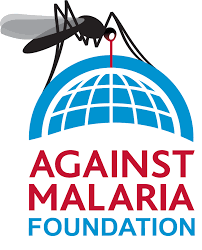
Against Malaria Foundation

Short description
Distributes insecticide-treated mosquito nets for malaria prevention.
Organisation
The Against Malaria Foundation (AMF) is a nonprofit organization based in London, focused on malaria prevention through the provision of long-lasting insecticide-treated nets (LLINs). Since its founding in 2004, AMF has distributed over 200 million nets, particularly in countries such as the Democratic Republic of the Congo, Ghana, Malawi, Uganda, and Zambia.
AMF works closely with national malaria programs and local partners. While AMF funds the nets, other partners cover the costs of distribution. All distributions are documented and independently monitored.
The Problem: Malaria
Malaria is one of the deadliest yet entirely preventable infectious diseases worldwide. In 2023, an estimated 263 million malaria cases were recorded, resulting in approximately 597,000 deaths. Children under five are especially vulnerable, accounting for 76% of malaria deaths in Africa. Sub-Saharan Africa bears the brunt of the disease, with 94% of global cases and 95% of deaths.
Malaria is also a major economic burden: studies show that it can reduce annual per capita GDP growth by an average of 0.5 percentage points. It is considered one of the greatest individual drags on African economies.
Recent analyses indicate that reducing the malaria burden in Africa by 90% could increase the continent’s GDP by a total of $126 billion by 2030. Investments in malaria control are thus among the most powerful levers for improving health and economic development.
Approach
AMF funds the purchase of LLINs and supports their distribution through national programs. All distributions are systematic: households are registered, nets are allocated based on need, and their use is monitored for years through independent Post-Distribution Monitoring (PDM).
The goal is to ensure full coverage of sleeping spaces and to document the durability and usage of the nets.
Impact
LLIN distribution is one of the most cost-effective global health interventions. Studies show that in GiveWell-supported AMF projects, the cost to save a life is currently around $3,000–$8,000. Each net not only prevents malaria but also contributes to long-term improvements in income, education, and productivity.
To date, AMF is estimated to have saved over 185,000 lives, prevented 185 million cases of malaria, and generated more than $6.5 billion in economic benefits for affected regions.
Transparency
AMF publishes detailed data on all distributions, including registration information, distribution reports, and monitoring results. The organization is regularly recognized by independent evaluators such as GiveWell as one of the most cost-effective charities worldwide.
Current Projects
DR Congo (June 2023): Mass distribution of long-lasting insecticide-treated nets (LLINs), malaria (grant description forthcoming).
In 2025 and 2026, the Against Malaria Foundation will fund the distribution of 28.9 million LLINs in the Democratic Republic of the Congo. The goal is to protect over 52 million people from malaria.
The nets are expected to prevent an estimated 15,000 deaths and more than 10 million malaria cases — with an anticipated positive impact on GDP of approximately $760 million. The project is implemented in close cooperation with the DRC’s national malaria program and is subject to strict monitoring and follow-up on net usage.
All Donation Partners
Discover all organizations supported by Wealth for the World
Support Against Malaria Foundation
With your donation to Wealth for the World, you can sustainably support Against Malaria Foundation and other effective organizations
Organization's Website
Learn more about the mission and impact of Against Malaria Foundation directly on their website
GiveWell Analysis
View detailed impact research and cost-effectiveness analysis from GiveWell
Related Articles
Loading related articles...